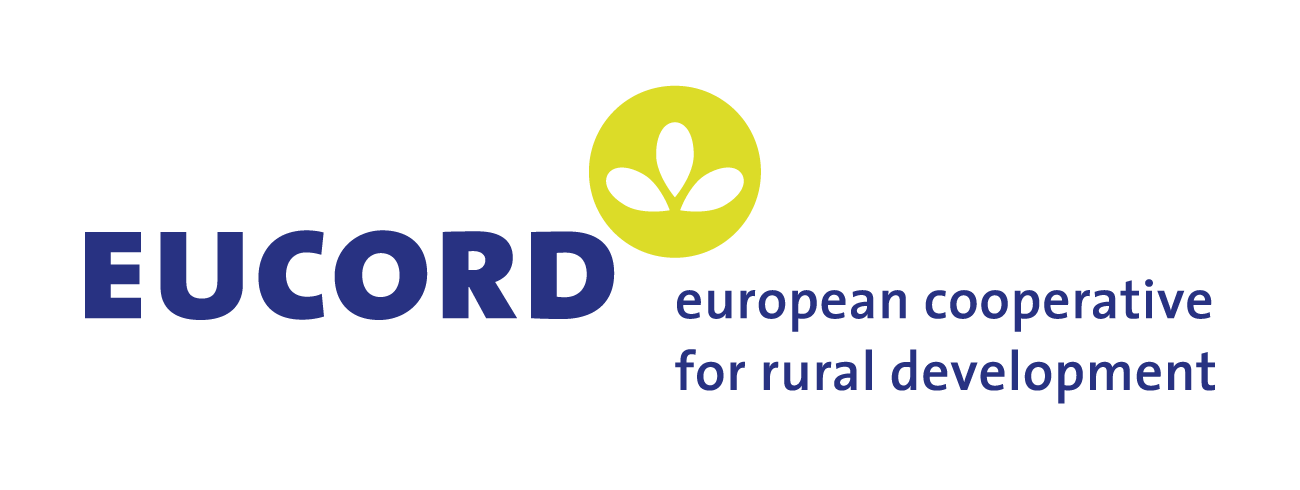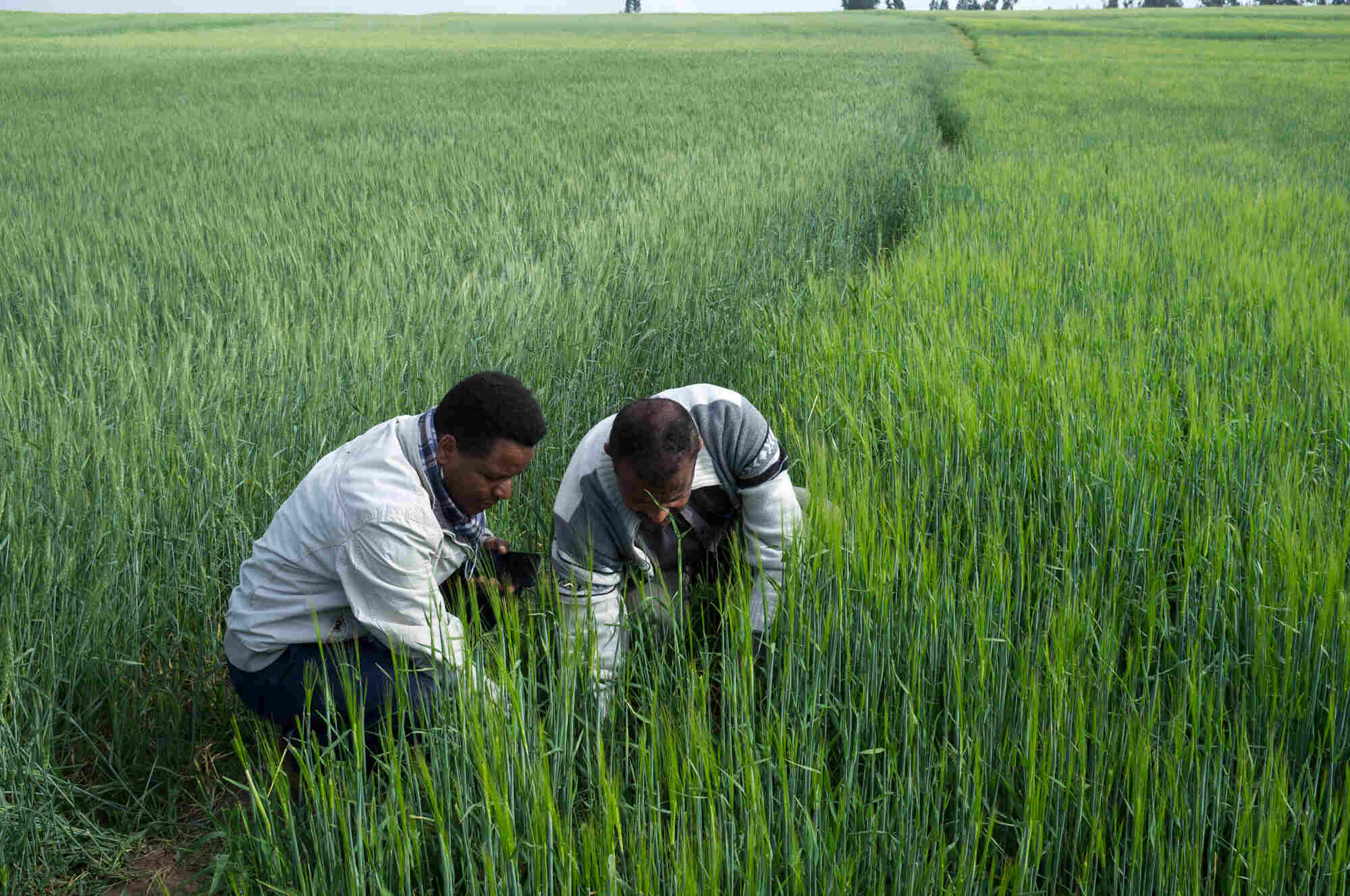Barley Organization Of Supply and Training II (BOOST II), 2023-2027
Donor:
International Finance Corporation (IFC)
Partners:
- Soufflet Malt Ethiopia
- HEINEKEN Breweries Ethiopia
- Agricultural Transformation Agency
- Oromia Seed Enterprise, Ethiopian Institute of Agricultural Research
- Micro Finance Institutions
- Oromia Agriculture Research Institute
- Bureau of Agriculture
- Oromia Cooperative Promotion Agency
- Oromia Bureau of Finance and Economic Cooperation
- Oromia Agriculture and Natural Resource Bureau
Goal
To increase the local sourcing of commercially available malt barley from smallholder and emergent commercial farmers in Ethiopia.
What we do
The four-year project would facilitate local sourcing of 21,000MT annual raw malt barley from an estimated 20,020 farmers (20,000 smallholder and 20 commercial farms) by the end of the project. The project will operate in 4 regional States (Oromia, Sidama, Amhara, SNNPR), 8 zones (Arsi, Bale, North Shewa, East Shewa, Guji, Sidama, South Gonder, and Gurage) and in over 30 woredas and 175 kebeles. All the operation areas are where malt barley is not widely grown except in Oromia (Arsi zone), where the previous BOOST project was implemented.
A combination of agronomic training, and access to improved inputs will generate a sustainable system to grow malt barley. By project end, average yields of production are estimated to grow from 2 metric tons per hectare to 3.5 metric tons per hectare (for both smallholder and commercial farmers).
The work will have the following subcomponents:
- Improving farmer’s access to inputs (improved seed varieties and crop protection products-CPPs)
- Improved agronomic practice through building the agronomic and technical production capacity of barley producers including digital extension services
- Improving farmers’ access to mechanization services.
- Piloting irrigation systems and promoting crop rotation with other crops.
- Support in field facilitation and providing information/content review of service providers that contribute to the project
Accomplishments
- Thus far, 1333 tons of malt barley grain have been collected and supplied to SME from new intervention areas
- 6,080 (503 female) beneficiaries were registered while training and other support services are provided
- SME allocated 260 tons of seed out of which 45 tons of seed have been distributed to farmers. Farmers are also linked to sources of genuine CPPs
- Preparations were made to enable commercial farmers and clustered farmers to multiply seed on 1200 ha while training is provided to 12 commercial farmers and 17 Farmer Production Cluster leaders
- Agronomic training was provided to 96 DAS and agricultural experts at woreda and kebele levels. EUCORD field coordinators in collaboration with DAs are disseminating the training to 4,100 smallholder farmers
- Farmers in clusters were linked to mechanization service and 1,000 ha has been ploughed by tractors. To facilitate efficient linkages between mechanization providers and farmers, Hello Tractor was engaged with EUCORD administering the service on behalf of IFC
- 28 field demonstrations and 200 varietal popularization demos are established in all intervention areas
- Irrigation demos were conducted on 1.5 ha, resulting in an average yield of 2.7 ton/ha of malt barley
- Facilitation was done to select 120 aggregators and 34 input retailers for ALP training provided by IFC




